News Archive
-
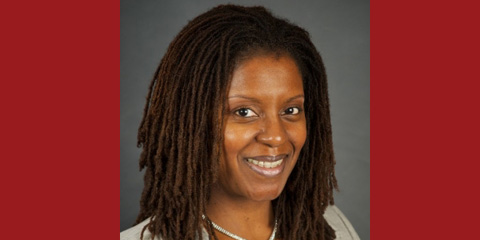
Karen Lincoln, an associate professor at the USC School of Social Work, ranks among the most influential African-American social work scholars in the United States, according to a list published in Research on Social Work Practice.
-

The United States incarcerates too many people, a new National Research Council report concludes. The study’s authors argue the U.S. needs to revise its current criminal justice policies — including sentencing laws and drug enforcement — to significantly cut prison rates and scale back what has become the world's most punitive culture.
-
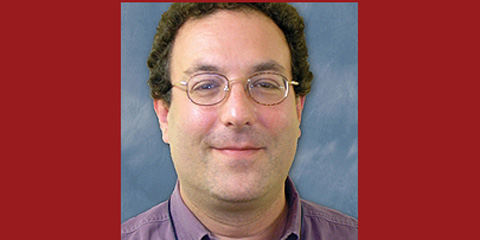
The well-being of our servicemen and women--and their families--is a concern not only for the military, but for civilian society as well. Supporting those who have served in the Iraq and Afghanistan wars as they transition into our workplaces and neighborhoods is our duty as Americans, makes our communities stronger, and builds a solid foundation for our ability to face future challenges as one nation.
-
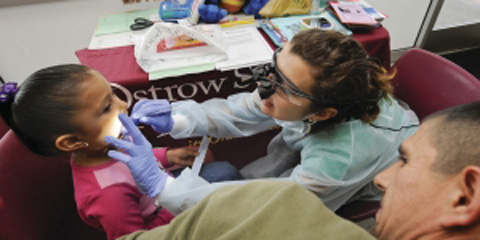
$3 Million Gift Expands Community Outreach in Dental, Social Care
In an effort to foster multidisciplinary community outreach, the Hutto-Patterson Charitable Foundation will give $3 million to establish the Hutto-Patterson Institute for Community Health at the Herman Ostrow School of Dentistry of USC and the USC School of Social Work.
-

Adolescence is an innately tumultuous period during which teenagers begin to form unique identities and transition from childhood to adulthood.
That transition can be particularly difficult for young girls and boys who identify as sexual minorities—lesbian, gay, or bisexual (LGB). They may experience stressors that place them at high risk of engaging in negative behaviors such as heavy alcohol use, an issue explored in a recent study by Jeremy Goldbach, an assistant professor with the USC School of Social Work.
-
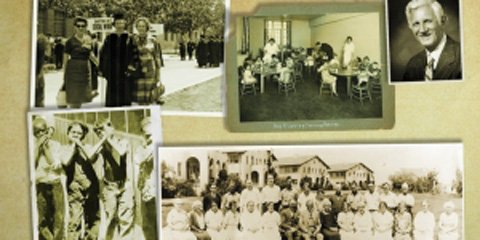
Housed in USC’s Doheny Memorial Library is a remarkable collection that preserves the history of social welfare programs in California, ensuring that the accumulated knowledge is not lost to future generations of social workers.
Now that collection – the California Social Welfare Archives (CSWA) – has launched an ambitious fundraising campaign to create an endowment, with the goal of giving the archive a long and stable future.
-
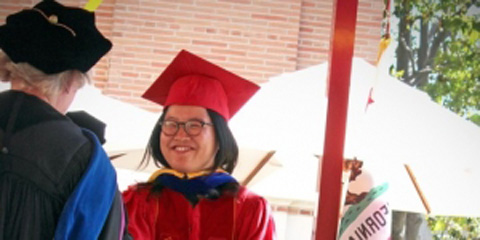
Ahyoung Song wouldn’t call herself a superhero, but to the many runaway Korean teenagers and homeless LA women she’s worked with, she is as close as it gets.
Song is a recent PhD graduate with the USC School of Social Work from South Korea. She’s also a wife and mother of two – balancing all of those roles with her lifelong fight for social justice. Last year, she received the B.B. Robbie Rossman Annual Memorial Child Maltreatment Research Award for her presentation on domestic violence. This year, brings her passion to some of the roughest neighborhoods in Los Angeles.
-
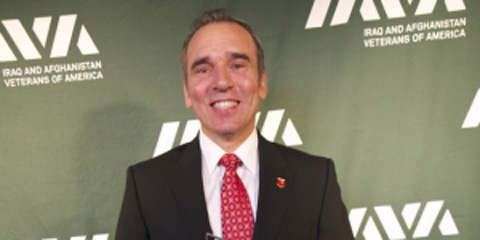
Five years ago, Anthony Hassan left a military career to become the founding director of a social work center at the University of Southern California.
Today, both he and the Center for Innovation and Research on Veterans & Military Families at the USC School of Social Work are known for their mission to help veterans transition smoothly into their civilian communities.
-

The USC School of Social Work’s international influence continues to grow after Dean Marilyn Flynn and faculty traveled to Taiwan to discuss the importance of military social work.
Flynn, along with Anthony Hassan, clinical professor and director of the Center for Innovation and Research on Veterans & Military Families, and Carl Castro, assistant professor, were invited last month to share their expertise on the development of a military social work academic program and how it will benefit the country as it moves toward an all-volunteer military force.
-

The USC School of Social Work has teamed with California nonprofit Seneca Family of Agencies to offer the first Master of Social Work degree program within a child and family services agency. This innovative graduate program enables Seneca employees to earn a top-tier MSW using USC’s online learning platform while they gain real-world social work experience. Seneca MSW@USC students will continue to be paid as full-time agency employees while receiving substantial tuition assistance from both Seneca and USC.